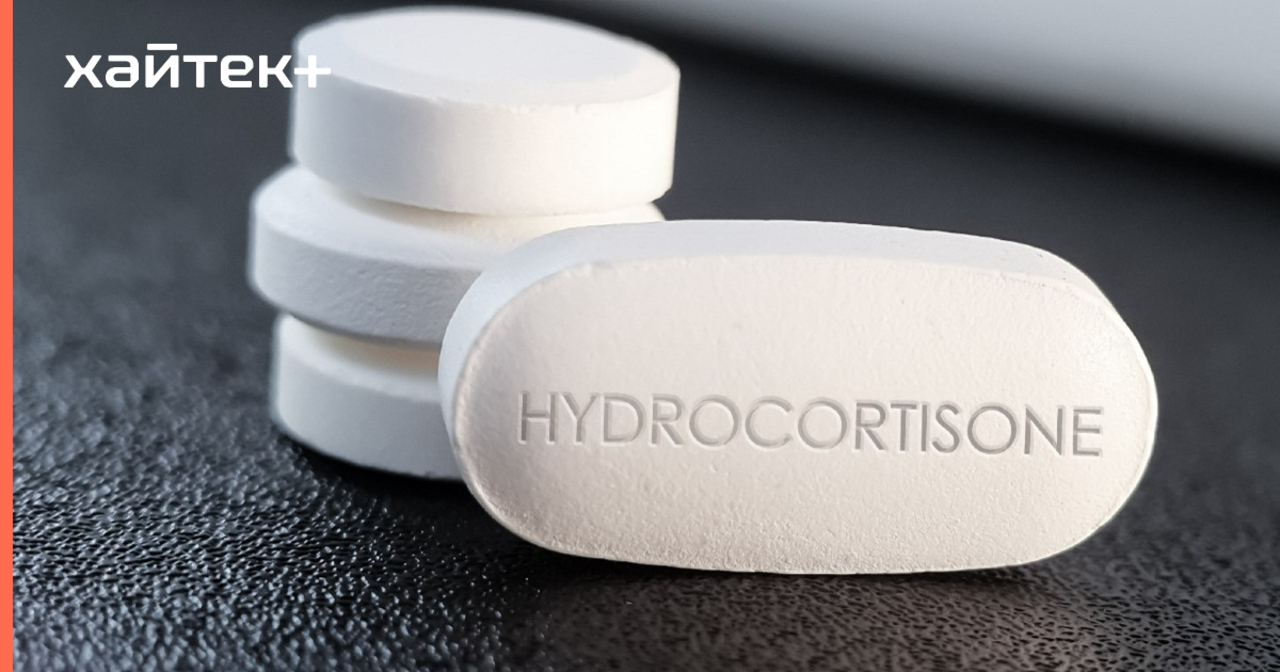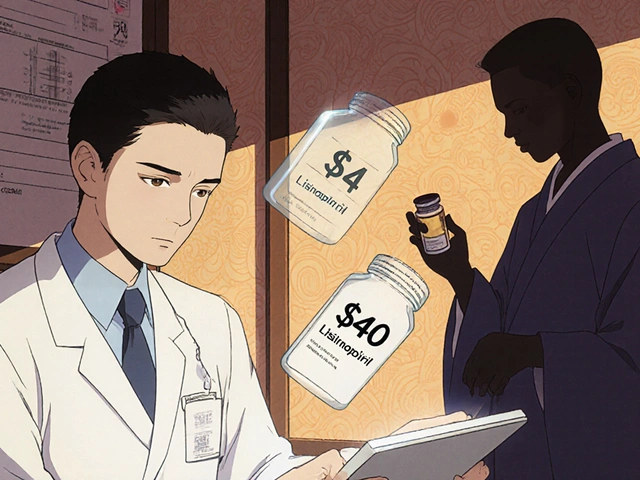Chlorthalidone: A Brief Overview
Before we delve into the specifics of Chlorthalidone, it's essential to have a general understanding of what this medication is and how it works. Chlorthalidone is a diuretic, also known as a "water pill," that is primarily used to treat high blood pressure (hypertension). This medication works by causing the kidneys to remove excess water and salt from the body, which helps to lower blood pressure and alleviate fluid retention.
Diuretics like Chlorthalidone have been a crucial part of hypertension treatment for decades. They are often prescribed as a first-line treatment for patients with newly diagnosed high blood pressure. In addition to its primary use for hypertension, Chlorthalidone is also occasionally used to treat other conditions, such as heart failure and edema.
Benefits of Chlorthalidone for Hypertension Management
The primary benefit of Chlorthalidone is its effectiveness in reducing blood pressure. It is a potent diuretic, which means it can effectively remove excess fluid and salt from the body, leading to a decrease in blood pressure. This reduction in blood pressure can help prevent complications, such as heart attack, stroke, and kidney disease, which are associated with uncontrolled hypertension.
Chlorthalidone has also been shown to have longer-lasting effects than other diuretics, which means that it can provide blood pressure control for a more extended period. This extended duration of action can be particularly beneficial for patients who struggle with medication adherence, as it may require less frequent dosing than other diuretics.
Additionally, Chlorthalidone has been demonstrated to have a lower risk of causing certain side effects, such as low potassium levels and abnormal heart rhythms, when compared to other diuretics. This improved safety profile makes it an attractive option for many patients with hypertension.
Common Side Effects and How to Manage Them
As with any medication, Chlorthalidone can cause side effects. While many patients tolerate it well, it's essential to be aware of potential side effects and how to manage them. Some of the most common side effects include dizziness, lightheadedness, headache, and increased urination. These side effects are generally mild and may improve over time as your body adjusts to the medication.
To minimize dizziness and lightheadedness, it's important to rise slowly when getting up from a seated or lying position, especially when you first start taking Chlorthalidone. Staying well-hydrated and avoiding alcohol while taking this medication can also help reduce the risk of these side effects.
If increased urination becomes bothersome, try taking your dose of Chlorthalidone in the morning, so you're less likely to be disrupted during the night. It's also essential to monitor your potassium levels while taking this medication, as diuretics can sometimes cause low potassium levels. Talk to your doctor about whether you should take a potassium supplement or modify your diet to include more potassium-rich foods.
Interactions and Precautions
Chlorthalidone can interact with other medications, so it's crucial to inform your doctor of all the medications you're currently taking, including prescription drugs, over-the-counter medications, and herbal supplements. Some common medications that can interact with Chlorthalidone include lithium, digoxin, and certain anti-inflammatory drugs.
In addition to medication interactions, it's essential to be aware of certain precautions when taking Chlorthalidone. If you have a history of kidney or liver disease, diabetes, gout, or lupus, be sure to discuss these conditions with your doctor, as they may affect your ability to take Chlorthalidone safely.
Pregnant or breastfeeding women should also consult their doctor before starting Chlorthalidone, as it may have potential risks to the developing fetus or nursing infant. If you become pregnant while taking Chlorthalidone, contact your doctor right away to discuss the best course of action.
How to Take Chlorthalidone and What to Expect
When starting Chlorthalidone, it's crucial to follow your doctor's instructions carefully to ensure the best results. The dosage and frequency of this medication can vary depending on your individual needs and circumstances. Typically, Chlorthalidone is taken once daily, either in the morning or evening, with or without food.
It's essential to take Chlorthalidone consistently, even if you feel well. High blood pressure often doesn't cause noticeable symptoms, so it's crucial to continue taking your medication as prescribed to maintain proper blood pressure control.
When starting Chlorthalidone, your doctor will likely monitor your blood pressure and kidney function regularly to ensure that the medication is working effectively and safely. It's important to attend all scheduled appointments and report any side effects or concerns to your doctor promptly.
Overall, Chlorthalidone is an effective and well-tolerated medication for managing hypertension. By understanding its benefits, side effects, and precautions, you can make informed decisions about your treatment and work with your healthcare team to achieve optimal blood pressure control.






I've been on chlorthalidone for 3 years now and honestly? It's been a game changer. No more puffiness in my ankles, and my BP's been steady as a rock. 🌞💧
I appreciate the breakdown, especially the part about longer duration. My dad switched from hydrochlorothiazide and noticed a huge difference in consistency. No more forgetting pills at 10pm.
The article incorrectly states that chlorthalidone has a lower risk of hypokalemia. Multiple meta-analyses show it actually causes more potassium loss than HCTZ. Please correct this misinformation.
If you're on this med, eat bananas. Or sweet potatoes. Or spinach. Seriously. My doc told me to up my potassium and I stopped getting those leg cramps at night. 💪🥗 Also, don't skip your labs. I learned the hard way.
just started this last week and holy moly the bathroom trips 😅 but i’m tryna stay positive! morning dose is a must, i swear. also drinking more water now and feeling way less dizzy. you got this ppl!
I took this for two weeks and felt like a ghost. Too much peeing, too much tiredness. Just stopped it. My BP didn’t even spike. Maybe it’s not for everyone?
I’m from a family with a lot of hypertension. My mom’s been on this for over a decade. She says the key is consistency - and not letting the side effects scare her off. It’s helped her avoid a stroke.
I’ve seen this med prescribed here and in the UK - same efficacy. But the NHS tends to start with HCTZ first. Chlorthalidone’s potency is undeniable, but cost and availability vary. Worth discussing with your GP.
In India, this med is less common but gaining traction. My uncle took it after a heart scare - now his BP is under control. He eats more coconut water and walks daily. Small habits, big results. 💯